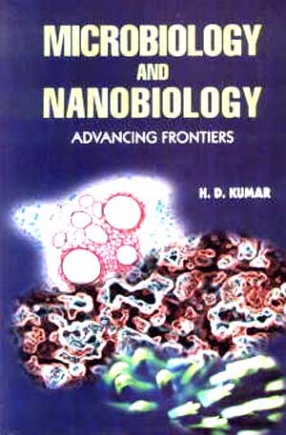
H D Kumar

Showing all 10 books

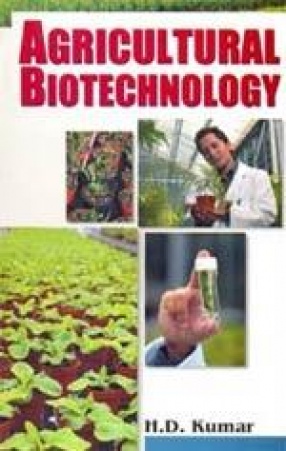
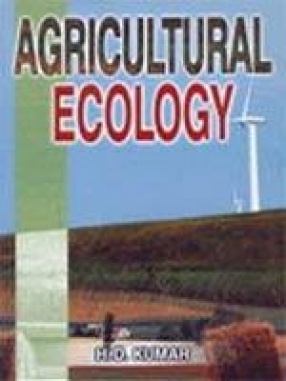

The real masters of life on earth are not humans but nano-organisms and microbes. Microbiology represents the bedrock from which many newer developments in biotechnology have emanated. We humans have many microbial friends such as the bacteria that live within our body and protect us from disease, promote food digestion, produce vitamins and shape the immune system. On the other hand, some of the deadliest diseases are caused by certain viruses which the best ...
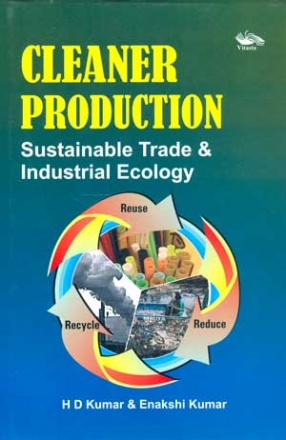
Cleaner Production Sustainable Trade and Industrial Ecology is an impressive handbook for industrial houses-big or small. An attempt has been made to guide them to make their operations ecologically sustainable, commercially viable and environment friendly.Covering the global environment, trade, commerce, business, energy demands and manufacturing, the book discusses and suggests ways to effective and ecologically sustainable management of environmental issues in ...


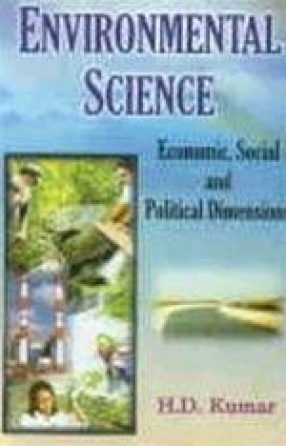
Day after day after day, everyday, human lifestyles damage the environment and despoil life which manifest themselves, in due course of time, as polluted air and water, global warming, drought, floods, or famine. All over the world, increasingly powerful technologies are making it possible for people to extract more and more from ecosystems to feed not only themselves but also numerous industries that generate various kinds of toxins and wastes. The book, which ...
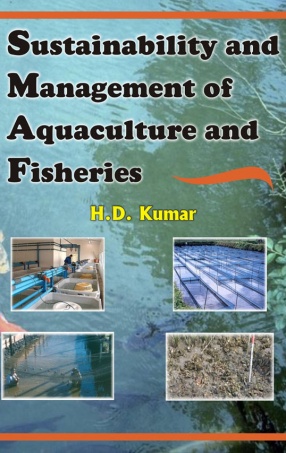
Sustainable water management, food security and water security being some of the most critical issues facing the world in the 21st Century-dubbed the “Century of Water†– this monograph outlines various options for proactive management of fisheries and aquaculture to sustainably meet the growing food requirements of millions of people living in developing countries both in rural areas and in cities. Both ...
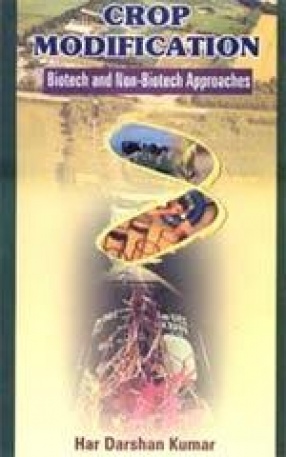
This book introduces the reader to the pros and cons of genetic modification of crops and to the related "terminator" technology with special reference to their adoption in developing countries. In pointing out the benefits of transgenic crops and any perceived or potential risks of such crops or their food products, the book conveys the message that the bourgeoning populations of developing countries necessitate recourse to high-yielding genetically ...

This book looks at the application of a variety of biotechnologies to agricultural development. It addresses recent concerns about the sterile-seed ‘terminator’ technology and about the biosafety of generally modified foods/ crops, and assesses the potential of apomixes as a possible countervailing strategy to the adverse effects of the terminator, for some crops, and assesses the potential of apomixes as a possible ...

Rooted firmly in the principles of ecology, the agricultural enterprise, even though having been exposed to the impact of environmental problems arising from land degradation, soil erosion, groundwater depletion and pollution and loss of biological diversity has so far stood firm and survived to meet the food requirements of the growing population, so much so that there have been some striking instances of food glut in several countries, including some that used ...
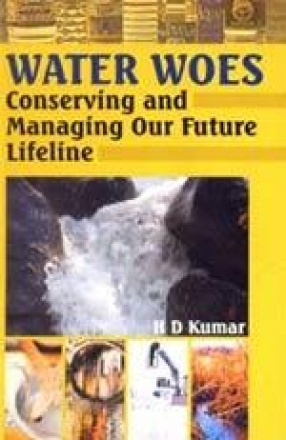
A recent Millennium Ecosystem Assessment conducted by experts from 95 countries concluded that a substantial fraction of the ecosystem services that support life on Earth, including freshwater, are being degraded or used unsustainably. This book examines the underlying causes and suggests ways and means to reverse this alarming trend. The objective is not only to raise public awareness of water-related matters but also to suggest innovative new concepts in ...
